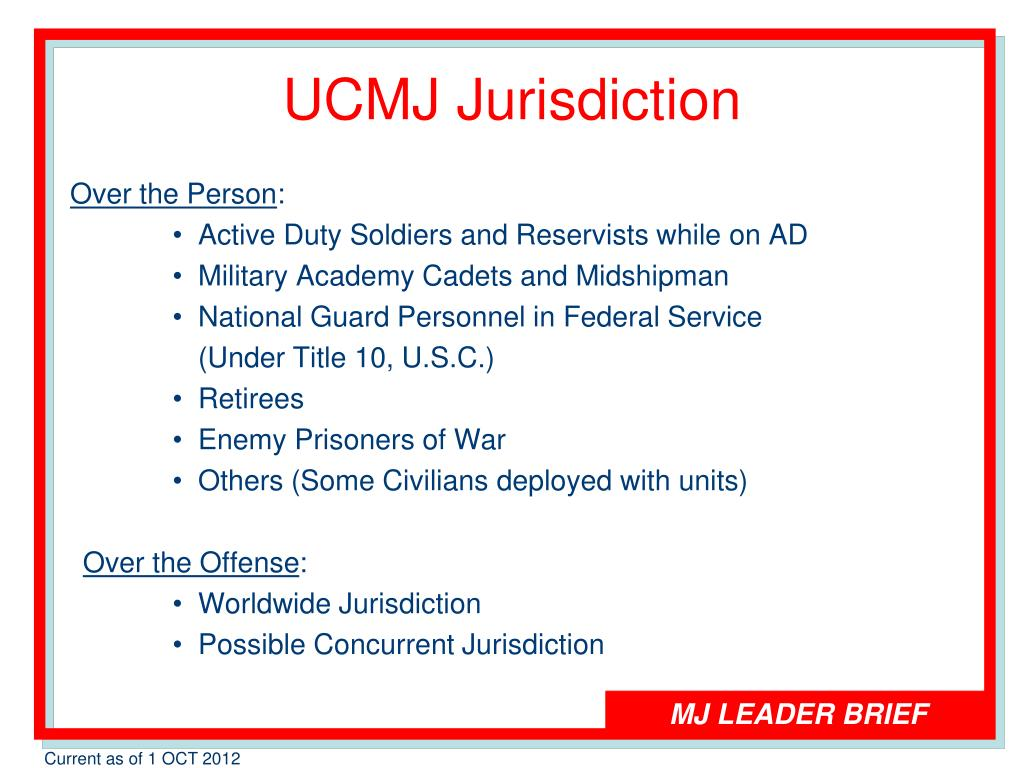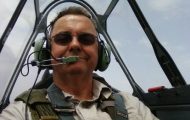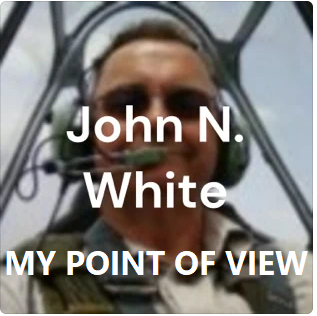Under the Uniform Code of Military Justice (UCMJ), Appendix 2, disobeying a lawful order is a punishable offense. The keyword is ‘lawful.’

In my Navy time of military service, we were taught to obey without question all lawful orders. My instructors taught me I am not obligated to obey an unlawful order. There was a one-time occasion when a Chief Warrant Officer (CWO) ordered me, an AQB2 (Aviation Fire Control Technician, Second Class), to make unlawful modifications to a trainer aircraft, a TC4C, a Grumman Gulfstream aircraft modified with a complete A6A Intruder cockpit in the rear of the cabin and an A6A radome and front end equipment.
The problem was a non-delivery of a waveguide component only available through the Grumman Corporation. Nonresponsive local Grumman personnel were negligent in procuring the component. A backlog of primary training on dynamic radar images for Bombardier-Navigators (BN) came to be a problematic backlog.
The CWO ordered me to make modifications to the TC4C to patch the tracking radar. I refused. CWO did not ask why I refused. Instead, he declared he would bring me before a court martial. I replied, “Good luck.”
Later that day, he presented his paperwork to our squadron commander. The Skipper asked the CWO, “Did you ask John why he said he would not obey you?” The Skipper, Cmdr. Frank Cramblet, a leader loved by the entire VA-42 squadron, ordered the CWO to ask me why. Within minutes of that encounter with the Skipper, he came to me, asking why I refused his order.
I explained. “If you were to order me to do such a modification to an A6A, I would not hesitate to obey because the A6A aircraft are expendable military aircraft under the authority of the US Navy Bureau of Weapons (BUWEPS). It was a common practice to kludge our combat aircraft to fulfill a mission.
The TC4C was commissioned under the authority of the Federal Aviation Agency FAA). Any modifications to those aircraft require a written request that includes scale drawings and details of the existing aircraft and the changes to the airframe that would occur with the modification ordered by you, Warrant Officer C___ W____.”
He then said, “Oh.” and the issue became mute. I knew the pertinent laws and followed them to a “T”.
There are specific and severe penalties for disobeying unlawful orders. There are no penalties for disobeying unlawful orders. This important principle applies to any verbal or written directives: executive orders, agreements between the executive branch and a foreign government promulgated contrary to the Supreme Law of the Land. I refer to the U.S. Constitution, Article VI, second paragraph: “This Constitution, and the Laws of the United States which shall be made in Pursuance thereof; and all Treaties made (in Pursuance thereof), or which shall be made, under the Authority of the United States, shall be the supreme Law of the Land …”
The simple, straightforward meaning of the Supreme Law of the Land is this:
- The Articles of and the Amendments to the Constitution
- All Acts of Congress, Laws, in pursuance of the Articles of and the Amendments to the Constitution
- All treaties in pursuance of the Articles of and the Amendments to the Constitution that have been approved by the U.S. Senate, as per Article II, Section 2, second paragraph: “He (the President) shall have Power, by and with the Advice and Consent of the Senate, to make Treaties, provided two-thirds of the Senators present concur…”
What do you do when faced with an unlawful executive order or law (an Act of Congress)?
- Do not obey unlawful orders or laws
- Appeal to authority, usually the courts
- Appeal to local authorities and do not act unlawfully
In recent years, law enforcement officers and federal employees have grudgingly obeyed unlawful orders, saying, “I have to do it. It’s my job.” Government employees must understand this crucial principle: your first duty is to secure the rights of the persons affected by the possible enforcement of an unlawful order or law. This principle is found in the first two sentences of the second paragraph of the Declaration of Independence, quoted below:
We hold these truths to be self-evident, that all men are created equal, that they are endowed by their Creator with certain unalienable Rights, that among these are Life, Liberty and the pursuit of Happiness.–That to secure these rights, Governments are instituted among Men, deriving their just powers from the consent of the governed, –That whenever any Form of Government becomes destructive of these ends, it is the Right of the People to alter or to abolish it, and to institute new Government, laying its foundation on such principles and organizing its powers in such form, as to them shall seem most likely to effect their Safety and Happiness.
For further study on this subject, I refer you to the Columbia College of Arts & Sciences, History News Network | Do Soldiers Have a Duty to Disobey Illegal Orders?
As you discover from the above-linked historical account, no, “I’m just doing my job.” or “I have to do what I am told to do.” will not stand up in a court of law.
If you are curious about my UCMJ credentials, I was under the authority of the UCMJ while on active Navy duty. After the Navy, an aerospace company hired me as an engineer. I served on USAF and Marine Corps bases stateside and with the Navy aboard CVA-64, the Constellation, for seven months over 1971-1972 in the Vietnam War zone. From the moment I left the United States for Vietnam, I was subject to the UCMJ, traveling on military orders. My understanding of the UCMJ is due to my military training and actually living under military authority as both a military person and a civilian.
John White
Rockwall, Texas



